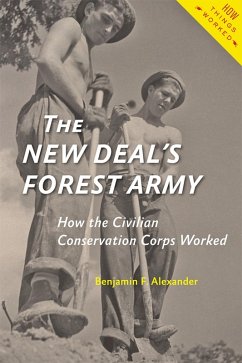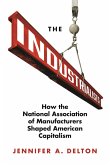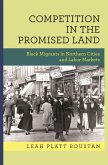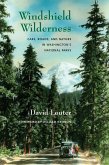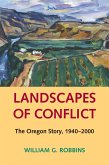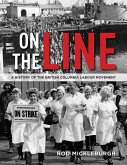How the Civilian Conservation Corps constructed, rejuvenated, and protected American forests and parks at the height of the Great Depression.Propelled by the unprecedented poverty of the Great Depression, President Franklin D. Roosevelt established an array of massive public works programs designed to provide direct relief to America's poor and unemployed. The New Deal's most tangible legacy may be the Civilian Conservation Corps's network of parks, national forests, scenic roadways, and picnic shelters that still mark the country's landscape. CCC enrollees, most of them unmarried young men, lived in camps run by the Army and worked hard for wages (most of which they had to send home to their families) to preserve America's natural treasures. In The New Deal's Forest Army, Benjamin F. Alexander chronicles how the corps came about, the process applicants went through to get in, and what jobs they actually did. He also explains how the camps and the work sites were run, how enrollees spent their leisure time, and how World War II brought the CCC to its end. Connecting the story of the CCC with the Roosevelt administration's larger initiatives, Alexander describes how FDR's policies constituted a mixed blessing for African Americans who, even while singled out for harsh treatment, benefited enough from the New Deal to become an increasingly strong part of the electorate behind the Democratic Party. The CCC was the only large-scale employment program whose existence FDR foreshadowed in speeches during the 1932 campaign-and the dearest to his heart throughout the decade that it lasted. Alexander reveals how the work itself left a lasting imprint on the country's terrain as the enrollees planted trees, fought forest fires, landscaped public parks, restored historic battlegrounds, and constructed dams and terraces to prevent floods. A uniquely detailed exploration of life in the CCC, The New Deal's Forest Army compellingly demonstrates how one New Deal program changed America and gave birth to both contemporary forestry and the modern environmental movement.
Dieser Download kann aus rechtlichen Gründen nur mit Rechnungsadresse in A, B, BG, CY, CZ, D, DK, EW, E, FIN, F, GR, HR, H, IRL, I, LT, L, LR, M, NL, PL, P, R, S, SLO, SK ausgeliefert werden.

